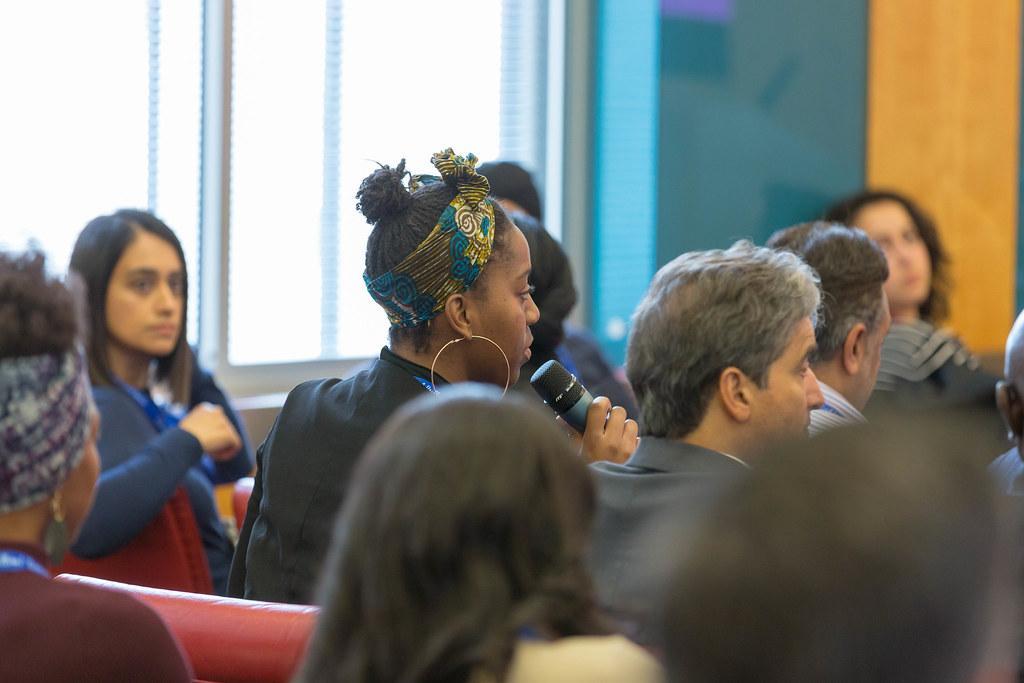“We will have to repent in this generation not merely for the hateful words and actions of the bad people but for the appalling silence of the good people,” Rev. Dr. Martin Luther King Jr. wrote from a Birmingham jail nearly 60 years ago.
That did not happen. The brutal public killing of George Floyd in Minnesota, not long after the shootings of Breonna Taylor in Kentucky and Ahmaud Arbery in Georgia, ignited righteous protests against racism across fifty states. The anguish sweeping the nation reflects generations of failure of the “good people” to reform police practices and to address both overt and implicit racism in every sector of society, including our schools. And our schools are among the places where these events must be most urgently addressed.
This is so partly because it is our students who will be most bewildered and terrified by this horror and will turn to us, their school leaders, as well as their teachers and counselors, to help make sense of what has happened to them and their families, and to channel their fear and anger into meaningful actions. If they are children of color, particularly African American children, their hurt and outrage will be particularly intense, for they will have personal experience with racism, no matter how young they are. This I know, because I was one of those children.
It is a blessing and a burden that they will depend so much on us. As leaders of schools, we have been struggling to deal with the massive impact of the global pandemic on our education system, our economy and our own personal lives. In the midst of this, we now are called upon to deal with a crisis of racial inequality that has not been addressed properly in this country for centuries.
Are we now ready to have a serious conversation about race?
It will not only be the children, but the entire school community of parents, teachers and staff who will lean on us for strength and hope. Some among us will march and raise our voices with the protesters to insist on reform, and combat the haters, or the misguided ones, who attempt to divide us with violence. But each and every one of us will be called upon to educate our adult communities about the importance of the vote, participation in the census, and the need to communicate a sense of our nation’s history, in all its beauty and ugliness.
We will have to do much better than the good people who have gone before us and help use this tragedy as an opportunity to finally make a difference.
We can begin by reading again Dr. King’s Letter from a Birmingham Jail.


